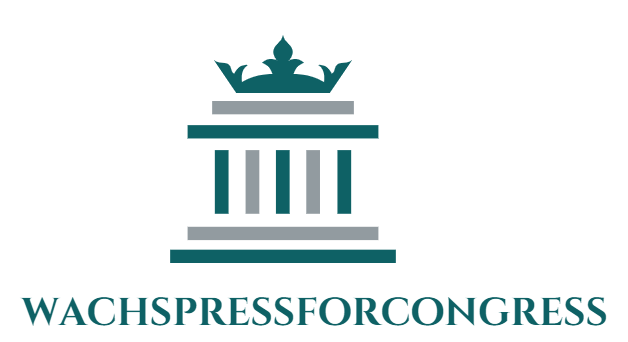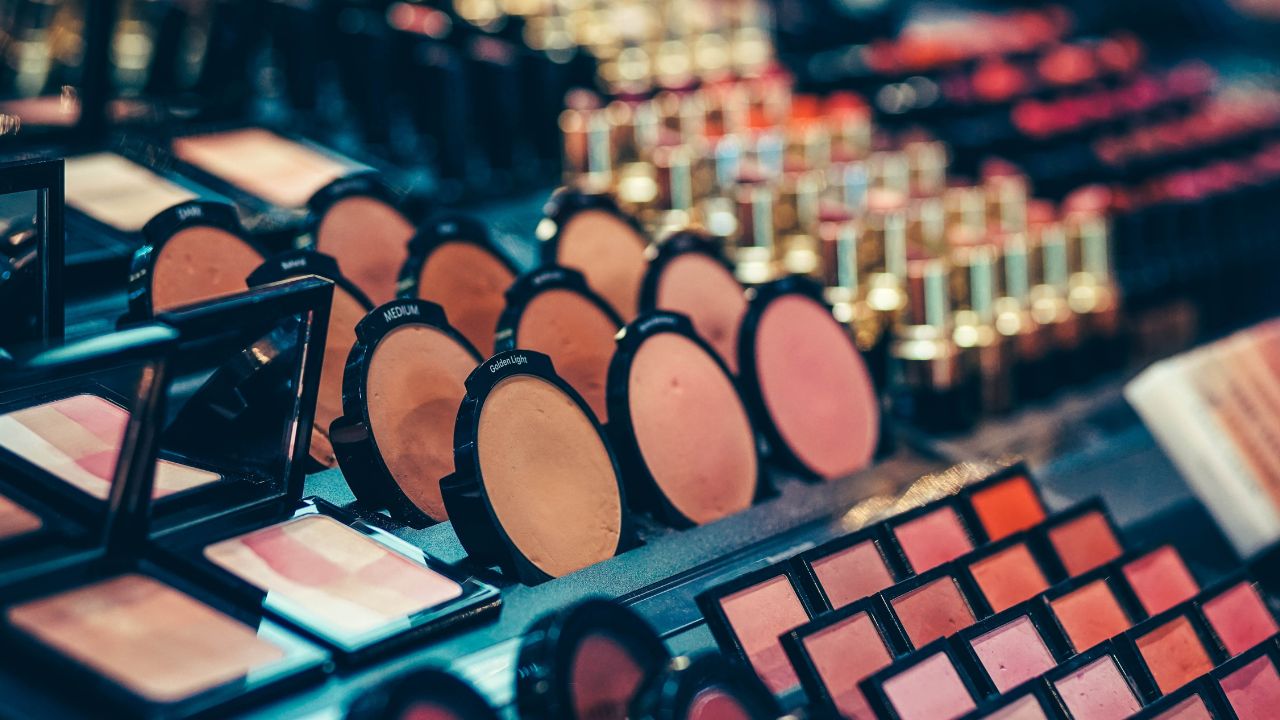The cosmetics industry is a fast-paced, highly competitive sector where branding, packaging, and labeling play critical roles in product success. As global demand for cosmetics continues to rise, the need for precise, efficient, and visually appealing labeling solutions has become more important than ever.
Chinese manufacturers have stepped up to meet this demand, establishing themselves as key players in the global market. This article explores the market position of sticker labeling machine manufacturers in China within the cosmetics industry, highlighting the factors that have contributed to their success and the challenges they face.
The Importance of Labeling in the Cosmetics Industry
In the cosmetics industry, labeling serves multiple functions. Beyond regulatory compliance, labels are crucial for brand differentiation, consumer information, and product aesthetics. The design, quality, and accuracy of labels can significantly impact consumer perceptions and, ultimately, a product's success in the market. As such, cosmetics manufacturers require labeling machines that can handle intricate designs, diverse packaging materials, and varying product shapes with precision and efficiency.
The Rise of Chinese Manufacturers
Chinese sticker labeling machine manufacturers have gained a strong foothold in the cosmetics industry, both domestically and internationally. Their success can be attributed to several key factors:
- Competitive Pricing: One of the most significant advantages Chinese manufacturers have is their ability to produce high-quality machines at competitive prices. This cost-effectiveness allows cosmetics companies, particularly small and medium-sized enterprises, to invest in advanced labeling technology without the high costs associated with Western brands.
- Technological Innovation: Over the past decade, Chinese manufacturers have made substantial investments in research and development, leading to the creation of advanced labeling machines that incorporate the latest technologies. These include automated systems, IoT-enabled features, and AI-driven solutions that enhance the efficiency, speed, and accuracy of labeling processes. Such innovations are particularly valuable in the cosmetics industry, where precision and aesthetics are paramount.
- Customization and Flexibility: The cosmetics industry is characterized by a wide range of product types, from small bottles of perfume to large containers of lotion. Chinese manufacturers have responded to this diversity by offering highly customizable machines that can adapt to different packaging formats and labeling requirements. This flexibility is crucial for cosmetics companies looking to maintain consistent branding across various product lines.
- Global Reach: Chinese sticker labeling machine manufacturers have expanded their presence globally, with a strong focus on emerging markets in Asia, Africa, and Latin America. By establishing strategic partnerships with local distributors and providing comprehensive after-sales support, they have been able to penetrate new markets and build lasting relationships with international clients.
Market Position and Brand Recognition
In the global cosmetics industry, Chinese sticker labeling machine manufacturers are increasingly being recognized for their reliability, innovation, and value for money. While Western brands like Krones and Herma still dominate the high-end segment of the market, Chinese companies are rapidly closing the gap, particularly in the mid-range and budget segments.
One of the key strategies employed by Chinese manufacturers to enhance their market position is focusing on quality and consistency. By obtaining international certifications such as ISO and CE, these manufacturers have built trust with global cosmetics companies, which has, in turn, helped them secure more contracts and expand their market share.
Challenges and Opportunities
Despite their growing success, Chinese sticker labeling machine manufacturers face several challenges in the cosmetics industry. Competition from established Western brands remains fierce, particularly in markets that prioritize premium quality and brand reputation. Additionally, the need to continuously innovate and keep up with the latest trends in cosmetics packaging requires ongoing investment in R&D.
However, these challenges also present opportunities for further growth. As the cosmetics industry continues to evolve, driven by trends such as sustainability, digitalization, and personalized beauty products, Chinese manufacturers have the chance to differentiate themselves by developing eco-friendly, smart, and highly customizable labeling solutions. By staying ahead of these trends, they can continue to strengthen their market position and compete effectively on the global stage.
Conclusion
The market position of sticker labeling machine manufacturers in China within the cosmetics industry is solid and growing. Through competitive pricing, technological innovation, and a focus on customization and quality, Chinese manufacturers have established themselves as key players in this dynamic and demanding sector. As the cosmetics industry continues to expand and evolve, Chinese companies are well-positioned to capitalize on new opportunities and further solidify their standing in the global market.


